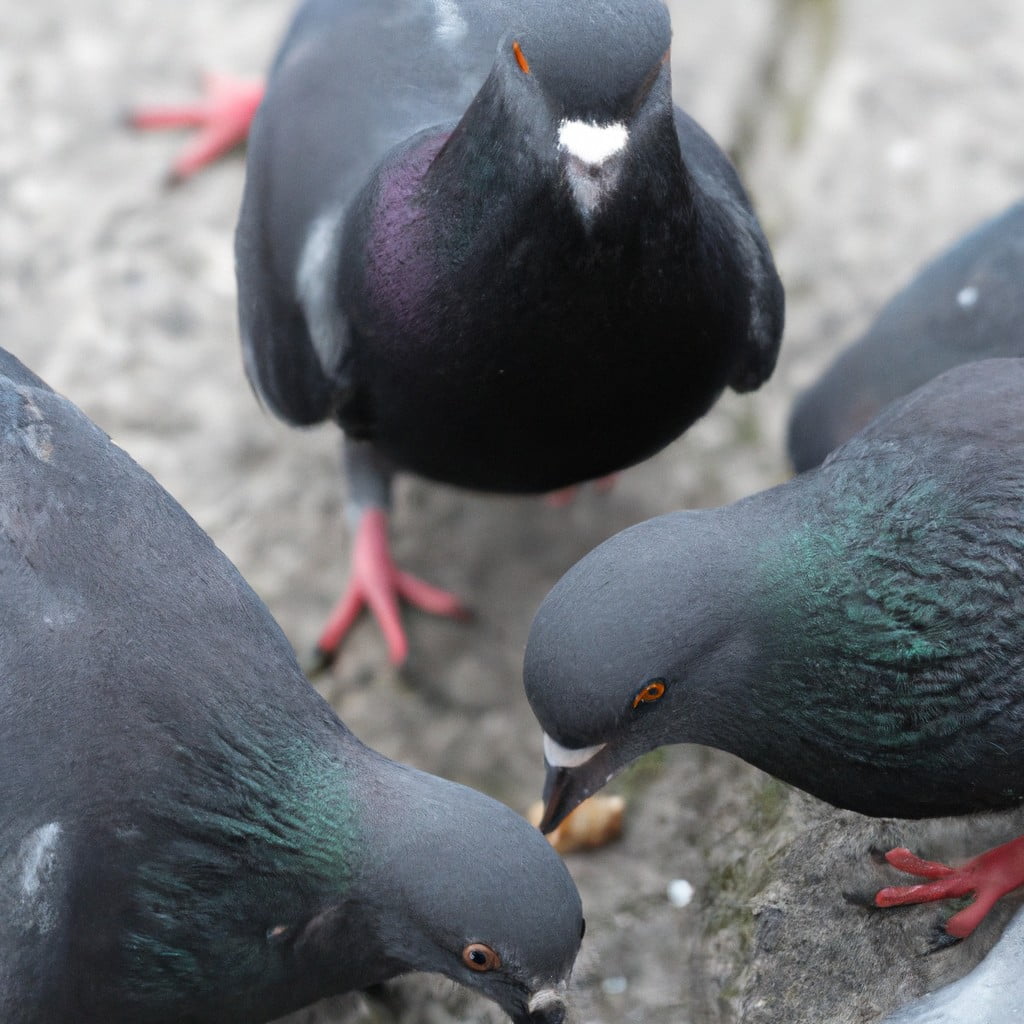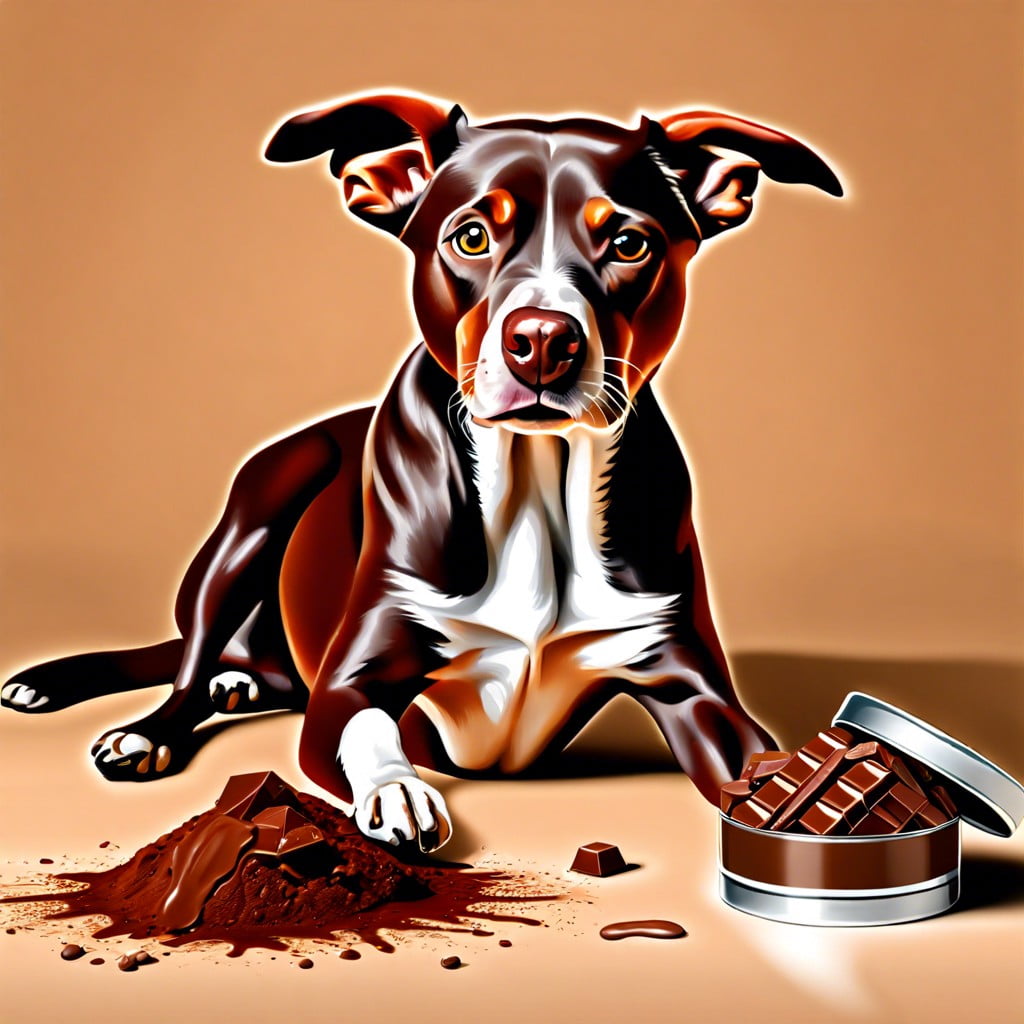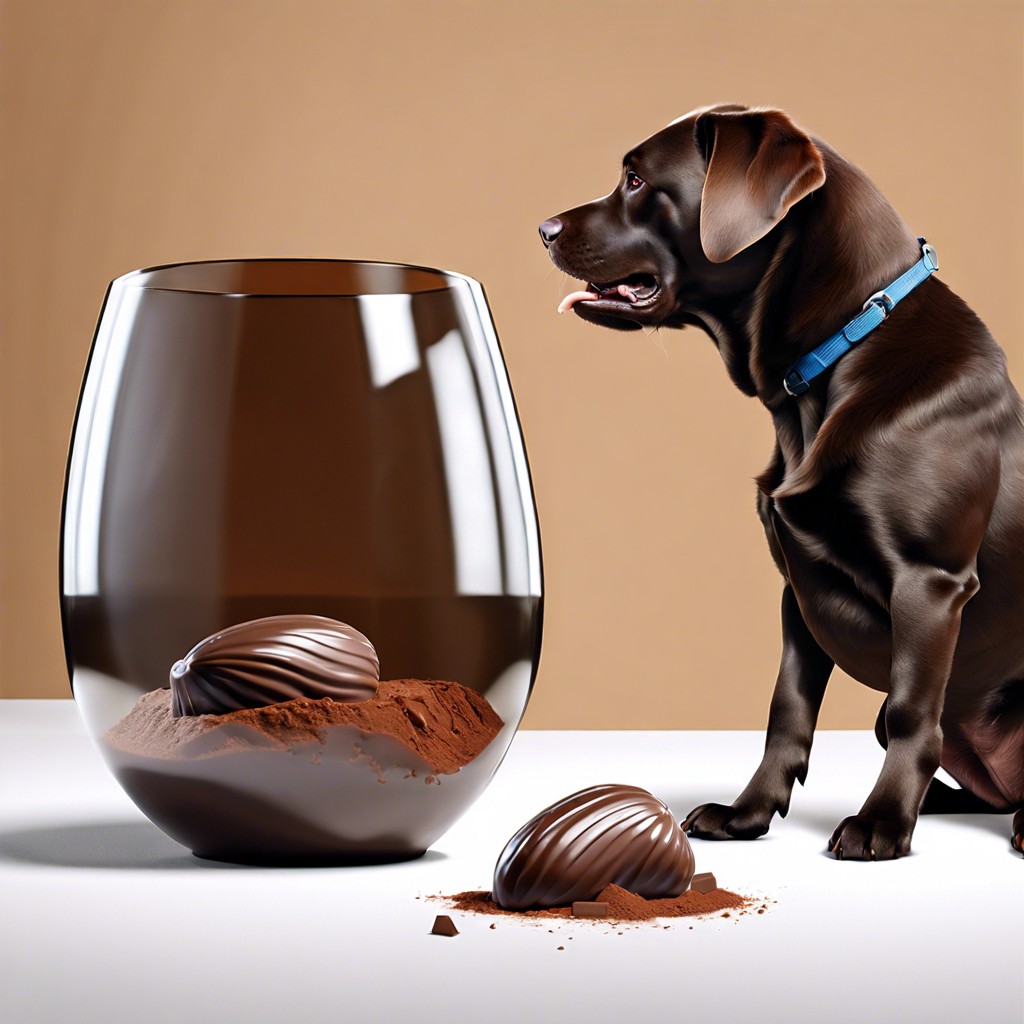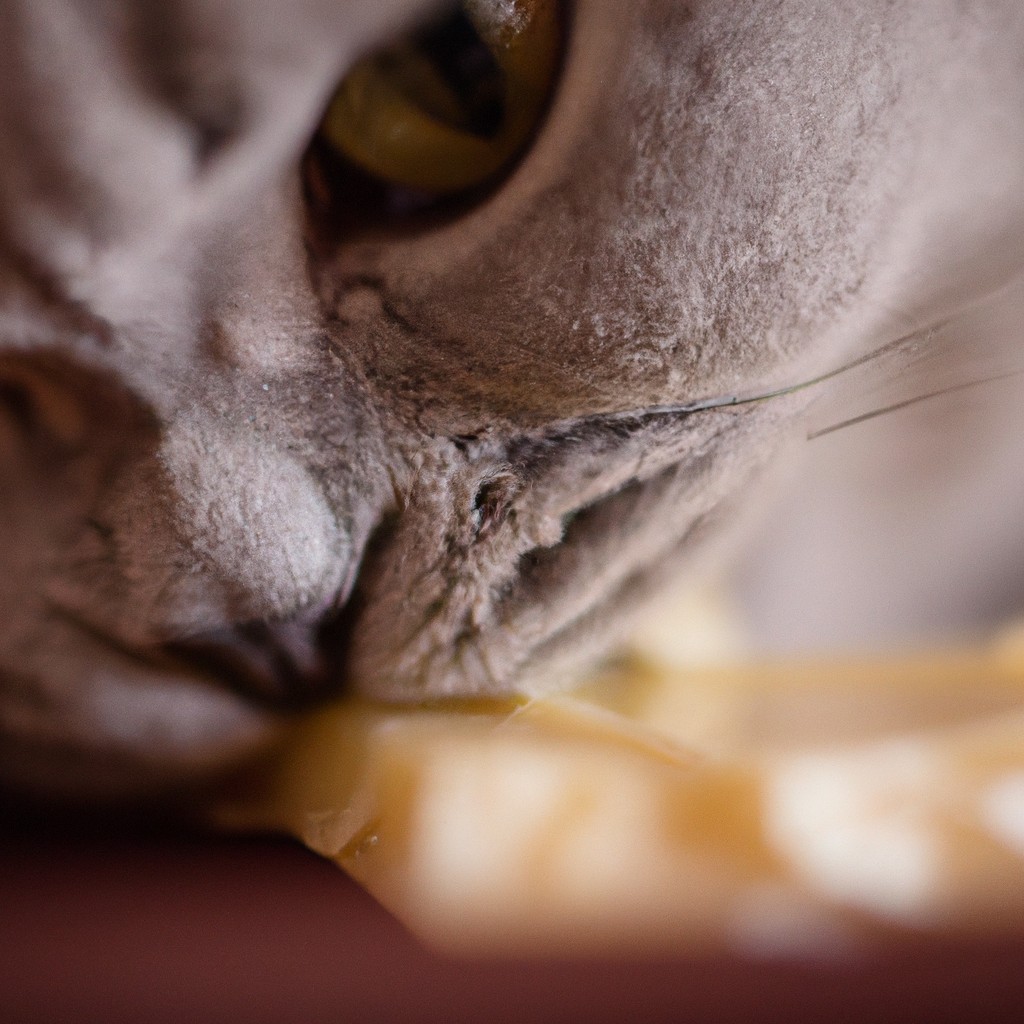No, pigeons should not eat chocolate as it contains theobromine, a substance that is toxic to them.
Contrary to what some might believe, it’s crucial to know that pigeons and chocolate are not a safe combination. In fact, chocolate can be harmful, even deadly, to most birds, including pigeons.
This is due to a compound called theobromine that is present in chocolate, which birds are unable to metabolize effectively.
This article will delve into the specifics of why chocolate is dangerous for pigeons, what to do if a pigeon inadvertently consumes chocolate, and safe alternatives to feed these fascinating urban dwellers.
Key takeaways:
- Chocolate is toxic to pigeons due to theobromine content
- Theobromine and caffeine in chocolate can cause heart problems in pigeons
- Chocolate can also upset a pigeon’s digestive system
- Different types of chocolate have varying levels of toxicity for pigeons
- Safe alternatives for pigeons include fruits, honey, and garden treats
Inside
The Toxicity of Chocolate for Pigeons

Primarily, it is the two stimulants found in cocoa beans – theobromine and caffeine – that render chocolate hazardous for pigeons. Unlike humans, pigeons cannot metabolize these substances efficiently, leading to potential harm. Left in their system, these compounds could trigger a drastic increase in the bird’s heart rate, leading to an irregular heartbeat. In severe cases, it could induce a heart attack.
Ingestion of chocolate can additionally upset a pigeon’s digestive system, sparking off symptoms similar to food poisoning, like vomiting and diarrhea. In the worst-case scenario, the ingestion may lead to seizures, internal bleeding, or kidney damage, eventually leading to the bird’s failure to thrive, or even death.
If a suspected chocolate consumption incident occurs, immediate intervention is critical. This can include measures such as restricting food intake to prevent further ingestion and contacting a professional avian vet for proper guidance.
Remember, prevention is always better than cure. Ensuring that chocolate is never within a pigeon’s reach is the safest approach. Swapping out chocolate with safer, pigeon-friendly treats like fruits, vegetables, or grains is a kinder, bird-friendly move.
Different Types of Chocolate and Their Toxic Levels for Pigeons
Milk chocolate, commonly found in candy bars and other treats, can impact a pigeon’s health due to the presence of theobromine, a compound that their metabolism can’t process.
Dark chocolate contains a higher concentration of theobromine and should be completely off the menu for pigeons. Even a small amount can lead to severe health complications.
White chocolate, while often being touted as the safest option for pets, still carries minor risks for pigeons. Although the theobromine content is significantly lower, the high sugar levels are unhealthy for their diet.
Baking chocolate, due to its pure and concentrated nature, is the most dangerous to the birds. Even minor traces can severely poison a pigeon.
When considering chocolate treats like cakes, remember that they don’t only contain chocolate but also other ingredients harmful to pigeons such as sugar, fat, and sometimes alcohol.
Danger of Chocolate Products Like Chocolate Cake for Pigeons
Evidently, it’s not just pure chocolate that poses a risk for these birds, but a variety of chocolate-containing products are harmful as well. Items such as chocolate cake, cookies, or brownies should never be shared with pigeons. The toxicity isn’t reduced even if chocolate is mixed with other ingredients.
Three main reasons contribute to this harm:
- Sugar content: Excessive levels of sugar in these treats can lead to obesity and diabetes in pigeons.
- Fats: High fat content, especially saturated fats found in baked goods, can cause liver damage and other health issues in birds.
- Presence of toxins in chocolate: As with pure chocolate, baked goods containing chocolate also have theobromine, a substance that is toxic to pigeons.
If you are wondering what to do to protect your feathered friends from the harm, consider these actions:
- Store all chocolate and chocolate-containing products in a place inaccessible to birds
- Raise awareness among your circle about the dangers of feeding chocolate and such products to pigeons.
- Offer birds safe treats such as bird seed, peas, or corn instead.
Remember, a pigeon’s health relies highly on their diet, and it’s our responsibility to make sure they are fed properly.
Identifying Chocolate Consumption in Pigeons
Signs of a pigeon that has consumed chocolate can vary, but specific behaviors are noteworthy indicators. A change in the bird’s usual activities or behaviors can be one of the first signs. The pigeon may also appear unsteady or shaky, evident in its flying or walking patterns.
Another vital sign would be unusual droppings. The consistency and color may alter after a pigeon has ingested chocolate. Furthermore, there might be noticeable changes in the pigeon’s appetite. A sudden lack in interest in food or water could indicate possible dietary upset or digestive issues caused by the chocolate.
Physical changes can also alert you to possible chocolate consumption. The pigeon might have irritated, watery eyes, or its heart rate could increase noticeably. In severe cases, seizures or loss of consciousness could occur.
If any of these signs are noticeable, immediate action should be taken. Contact a local animal control center or a wildlife rehabilitation professional. Please provide them with as much information as possible about what the pigeon ingested and its symptoms. They can guide you through the next steps required, potentially saving the pigeon’s life.
Remember, each pigeon is different. They may not show all these signs, and any unusual behavior should trigger concerns and warrant professional consultation.
Steps to Take If Pigeons Consume Chocolate
Pigeons who have consumed chocolate require immediate care. Begin by gently removing any remaining chocolate from the bird’s reach to prevent further consumption.
Refrain from inducing vomiting as this can cause more harm than good in birds.
Introduce a generous amount of fresh water to help dilute theobromine, the toxic component in chocolate.
Observe closely for signs of distress such as diarrhea, vomiting, seizures, or increased thirst.
It is also important to monitor the bird’s behaviour; if the pigeon appears lethargic or less responsive, it may be experiencing the toxic effects of chocolate.
In any of these cases, it is crucial that the pigeon receive veterinary attention.
If possible, bring the type and amount of chocolate that was consumed to the veterinarian for reference, as every type of chocolate contains varying levels of theobromine.
In the interim, reduce environmental stress for the pigeon by providing a quiet, warm, and dimly lit environment.
Remember, swift action can make a significant difference in the outcome of chocolate poisoning in pigeons.
Safe Sweet Food Alternatives for Pigeons
Despite pigeons’ indifference to sweet foods, occasionally serving them safe, sweet treats won’t cause harm. Fruits like apples and peaches can add variety to their diet, just remove the seeds as they can be toxic. Berries, such as blueberries and strawberries, are also safe treats rich in antioxidants. Raisins and other dried fruits are acceptable in small amounts but make sure to provide them unsweetened and unseasoned.
Remember to serve fruits sparingly as too much can lead to digestive issues. Always wash fruits thoroughly to remove pesticide residues and cut into small, manageable pieces for easy consumption. Remove uneaten fruits promptly to mitigate the risk of spoilage.
For the sweet tooth in a bird-friendly way, consider honey, a natural sweetener. Mixing a bit of honey with their grains or seeds offers a safe sweet indulgence. It has antimicrobial benefits but should be given sparingly due to its high sugar content.
Lastly, other garden treats like sweet corn and sweet peas are good options for a safer sweet fix. They contain helpful nutrients beneficial to pigeons’ health while fulfilling their food exploration. Always ensure the food is clean and, if canned, devoid of salt or other harmful additives.
In summary, while sugar isn’t fundamental to a pigeon’s diet, incorporating harmless sweet alternatives like fruits, honey, or garden treats provides a nutritious diversity on occasion.
FAQ
What happens if my bird accidentally eats chocolate?
If a bird accidentally consumes chocolate, it can lead to serious side effects such as vomiting, diarrhea, accelerated heart rate, seizures, and potential cardiac arrest which may lead to death.
Can you feed birds chocolate?
No, feeding birds chocolate or any food containing it is harmful and can lead to their death.
What are the health risks of chocolate to pigeons?
Chocolate contains theobromine, which is toxic to pigeons causing symptoms like diarrhea, rapid breathing, increased heart rate, seizures, and even death.
Are there any known cases of pigeons consuming chocolate harmlessly?
No, pigeons should not consume chocolate as it contains theobromine, which is toxic to them.
Is there a safe chocolate alternative for birds like pigeons?
While birds like pigeons cannot safely consume chocolate, they can safely eat bird-friendly treats like fruits, seeds, and grains.




